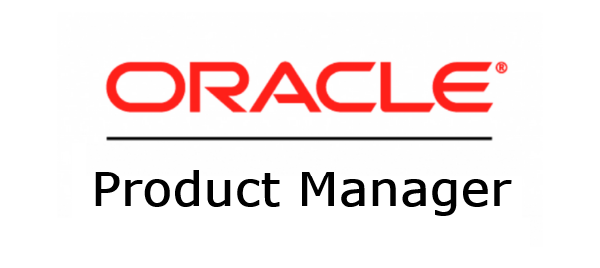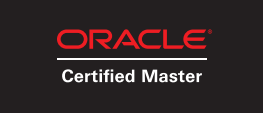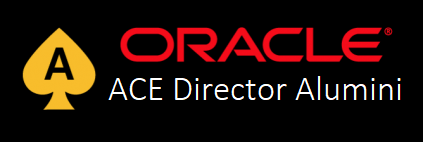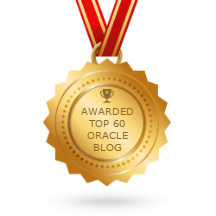This chapter is very very hard. Why? Because you can rephrase this as: "you need to know all the oracle tools that can help you improve the performance of something". So, what are those "tools" and "features". Well, there are a lot of them: First, the ones that have a specific topic already defined: SQL Performance …
Category: OCM 11g Preparation
OCM 11g Preparation
Jul 09
OCM 11g Preparation - Interpret execution plan
As the topic before, execution plans are another thing that just the practical experience will give you knowledge. Studying through docs is not a good approach to learn that, at least for me. After you get the basic concepts, try to check and understand what and why is happening. Study also: Creating Plan Table. Set explain from …
Jul 09
OCM 11g Preparation - Administer and tune schema object to support various access methods
Access Methods (or Paths) are something totally related to the optimizer. So, what you should study here are the access methods that are possible inside Oracle for either Tables, B-Tree Indexes, Bitmap Indexes or Clusters: Full Table Scans Table Access by Rowid Sample Table Scans Index Unique Scans Index Range Scans Index Full Scans Index Fast …
Jul 08
OCM 11g Preparation - Administer Resource Manager
Resource Manager is very very useful when you want to limit your system resources. Sometimes you can have a session that is out of control taking all your parallels servers or consuming a lot of CPU and I/O. Or even if you want to limit ("give a quota") the UNDO tablespace consumption by someone. So, …
Jul 08
OCM 11g Preparation - Use partitioned indexes
I've already talked about this topic here and here. Basically we have 2 types of partitioned indexes: GLOBAL and LOCAL: Local Partitioned Indexes. Local indexes can only be unique if the partitioning key is a part of the index key. A bitmap index on a partitioned table must be a local index. Global Partitioned Indexes. Note here …







